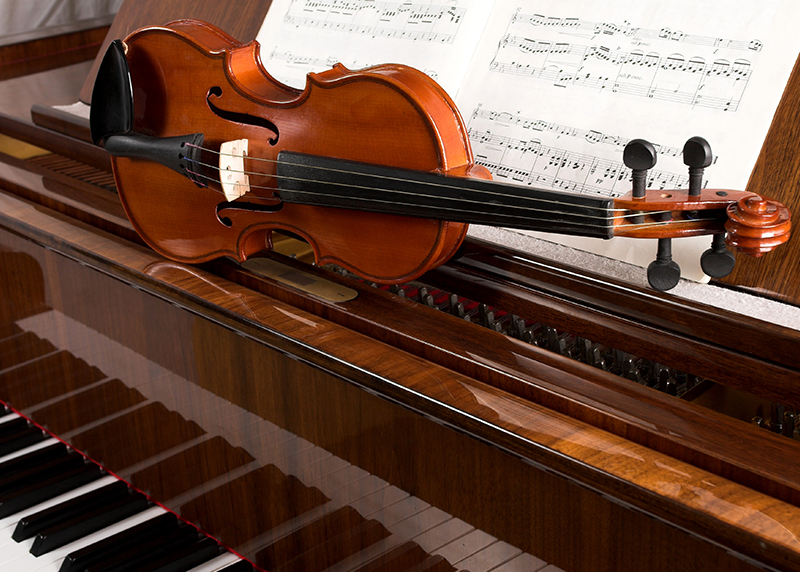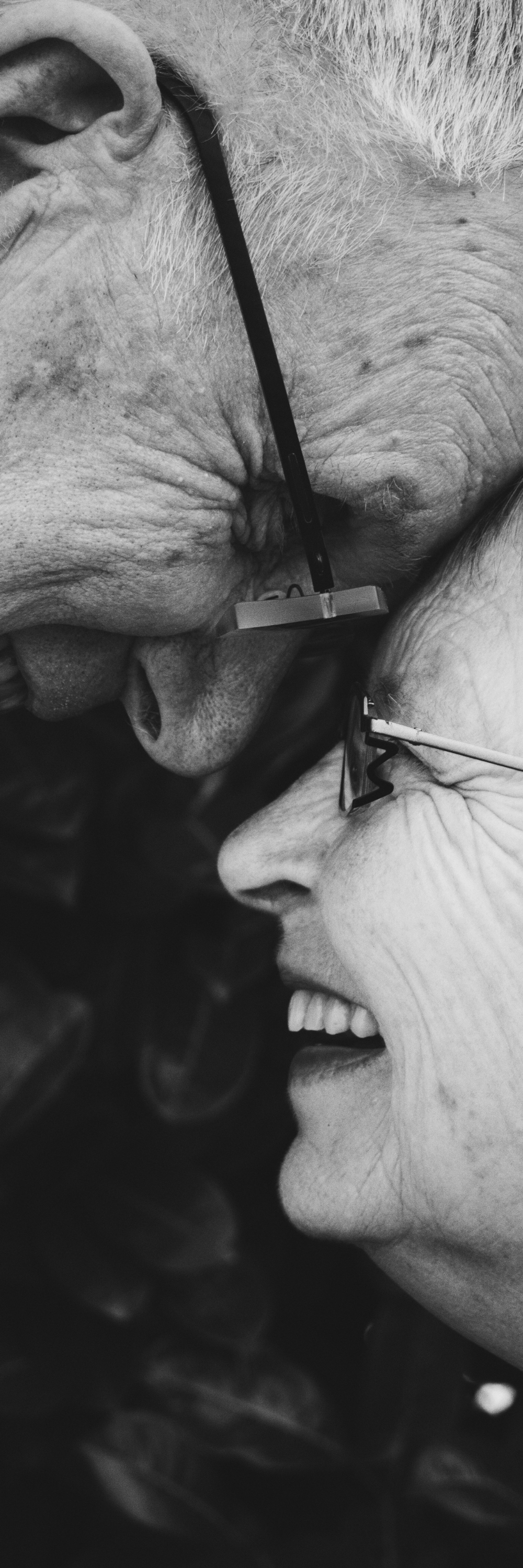The Power Of Music
When it comes to funeral ceremonies, music plays a vital role. It is an important part of celebrating the life of a lost loved one. Music is embedded in our souls and can stir up long forgotten memories that can only be brought to the surface with music.
Playing cherished songs enjoyed together can rewind the clock for a memory of happy times shared together. Such trigger songs are healing music that instantly connects us to memories of times, places and people connected with a loved one.
Healing music helps bereaved ones go through the grieving process. It touches the soul in a manner that is comforting and almost unexplainable. The sounds of music give everyone a medium that all can share and relate to at funeral ceremonies. The power of music enhances the experience of funeral ceremonies in a positive and appropriate way.

Funeral planning and funeral music go hand in hand. Simply put, all funeral ceremonies should use healing music to both pay tribute to a lost loved one and to create an atmosphere where healing can begin for survivors. Funeral planning entails using funeral music many times during a funeral ceremony. Funeral music can be played before, during and after the ceremony. It’s really up to those planning the ceremony to decide when music should be played. Just keep in mind that the funeral music you choose will create a mood for both yourself and attendees.
There is no one-size-fits-all when choosing funeral music. For those who prefer to stick with tradition and a solemn funeral experience, popular hymns like “Amazing Grace”, “Ave Maria” and “All Things Bright and Beautiful,” are both powerful and rousing. Even though these hymns are Christian, they evoke feelings regardless of race or culture. If you are not particularly religious, choosing classical and popular songs may be a better fit. The choice is yours.
Crafting a Eulogy
When crafting a Eulogy, there are some details you should consider. A wonderful suggestion is to also think of three words that describe your loved one best, and then give an example story to each word as to why this word is attached to your loved one.
It is also common to include a nice, fitting poem to farewell your loved one.
- When and where was the deceased born
- Nicknames and/or names known to others
- Parents’ names
- Schools attended, awards gained
- Academic or trade qualifications and achievements
- Details of any war or military service
- Is there a special poem or a verse you may like included in the service
- Photograph to be placed on the coffin
- Special music you may like us to play at the service
- Brothers and sisters, and place in the family
- Where did he/she grow up
- Early childhood – possibly some funny/interesting experiences when growing up
- Details of marriages, divorces, children, significant relationships
- Details of grandchildren and great grandchildren
- Details of any Club memberships, positions held Details of sporting achievements
- Details of any hobbies, interests, travel, crafts
- Details of historical significance

A Guide To Grief
By Barry H Young OAM.
When someone we care for dies our emotions may be thrown into turmoil, we can feel a great range of emotions, which demonstrate our sadness and distress.
Words cannot adequately describe the effects of such a profound loss. What we can acknowledge, though, is that when someone close to us dies, we have to adjust to our loss and learn to continue without that person. Now this can be very difficult and painful. From the passing of the elderly which is more a celebration of a life that has encompassed achievements and fulfilment, to those in prime of life with mountains to climb, rivers to cross and challenges to meet and conquer, to the trauma of accidents, to the pressures of life confronting young people, even to a 4-month old baby, I never cease to admire the fortitude and stoic courage of people and the strength and unity of support, friendship and love.
When we lose a loved one, time seems to stand still.
We are faced with the past, the present and the future all at once. The past when everything was okay is too painful to contemplate. The present in which we are seized with grief dominates everything. It seems endless all pervading, crushing and as for the future whatever it was to hold has been totally wiped out. It becomes a jumble of shattered dreams, utterly destroyed. Time and again I hear people say, “I'll never get over it” or “I'll never forget it” and nor should we – because we should cherish the memory of our loved one. But it is essential that we become comfortable with that. For we are not meant to go on locked in suffering and unable to move on – but move on we must.
There are some beautiful words written which compliment what I have just said –
Miss me a little but not with your head bowed low.
Remember the joy and love we shared.
Memory is the treasury and keeper of all things.
Miss me but let me go.
People who have suffered the death of someone close typically experience a complex and often long and painful grieving process, through which they come to accept the loss of the one who has died, and ultimately, to re-establish their own lives on a new or revised basis. Grieving is an intensely personal process. Each passing of a loved one is unique and everyone affected will respond in a different way. Recently I ran into a lovely lady who lost her husband 10 months ago and she said to me, “That often she still has to pull the car over when driving for a cry, and not answer the door or phone over her loved one's passing”.
She added “she should be ashamed of herself”, I tried to convince her there was no shame – but this is the stage that she is at in her healing process and that she had not fallen helplessly behind others in similar circumstances.
You see grief is not a mountain to be climbed, with the strong reaching the summit long before the weak – there is no such thing. Grief is not an athletic event with stopwatches timing our progress. Grief is a walkthrough of loss and pain. There is no competition, no time trials. Grief hurts and it takes a long time to heal because it affects part of our lives. It is not a passage of time itself that brings resolution, but the working through the stages of grief. The intensity of grief we experience will be affected by a number of factors, including the degree of our attachment to the deceased and the duration and quality of our relationship with them. The greater the attachment the longer it is likely to take to resolve our grief. And it is important to believe that grief is love and it is because we feel such pain, because the inner ache is so great that the grief and heartache we feel bears witness to the depths of our love. You see grief is a great indicator of love and it simple cannot and does not exist except where there has been love.
Our period of healing can be when we turn the corner in the way we cope. We decide to live again and let our deceased loved one be part of our lives. So, it is important to face the future with courage, acceptance and optimism, for this is our healing time. And it is important that we adjust to our loss and learn to continue our lives without our loved one. Now all this is no small task, no small responsibility – it takes courage and moral strength to let go and move on. And it is important to heal in your own time and on your own schedule. And that is normal – normal is the freedom to feel and react like you react. Normal is doing it your way and remember – it is okay to cry as it is to laugh.
So if my words have meant anything at all then let them mean these. In accepting the reality of loss a change will occur in our values and priorities. Things that seemed important may become unimportant and things that were important may take on a new significance. Don't be afraid to grieve – for grief is an expression of your love – think – talk treasure your memories of your loved one – but be your own timekeeper. Heal in your way and in your own time. The experience of grief is powerful and in doing so you are moving towards a renewed sense of meaning and purpose in life. But when you feel a bit down and need some comfort and inspiration remember these words
For those we have lost and love they don't go away they walk beside us every day unseen, unheard, but always near, still loved and still missed. love




